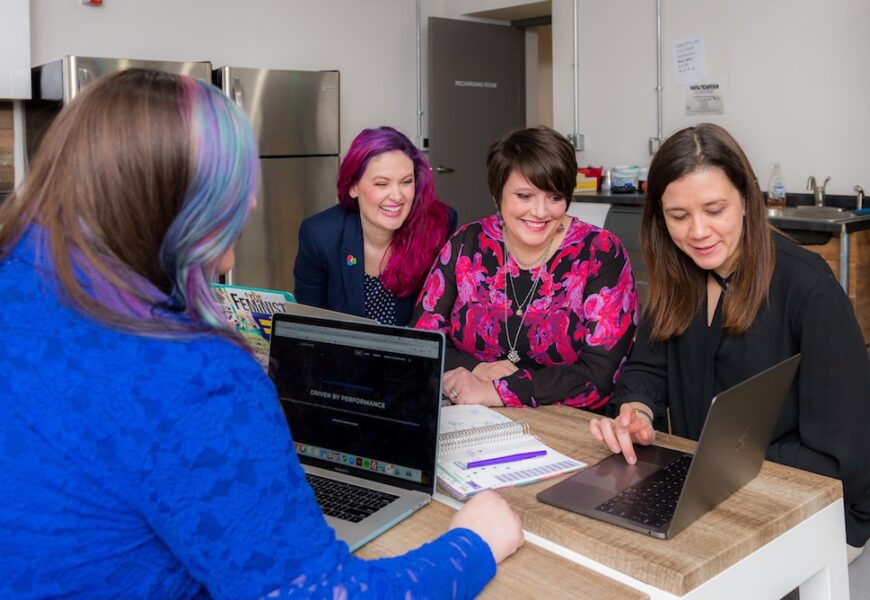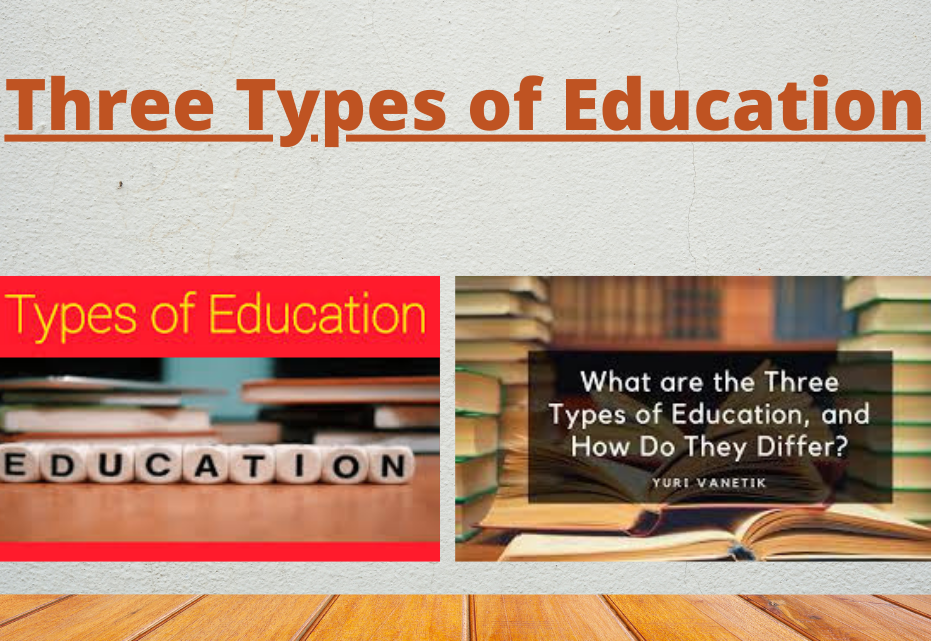In the life of a student, managing studies is a task that often requires undivided attention and substantial time commitment. Yet, a growing number of students are choosing to add another component to their already busy schedules: employment. Balancing job responsibilities with coursework and exams is no easy feat, but the rewards, as many are finding, can be substantial. From the valuable work experience they gain to the financial benefits and beyond, working while studying is becoming an increasingly attractive option for students across the globe. This trend is not only about earning extra but about cultivating a robust skill set that can pave the way for a successful future. Since today’s corporate world is highly competitive, work exposure can prove invaluable in preparing for the complexities of it.
Let’s explore six compelling reasons why students might want to consider employment alongside their studies.
1. Practical Experience
While most students are tasked with finding employment themselves, some universities offer platforms and resources for students to secure jobs. The University of the Cumberlands, for instance, offers a unique proposition for its students through the Day 1 Curricular Practical Training (CPT) program, which allows students to gain practical work experience in their field of study from the very first day of their program. The University of the Cumberlands Day 1 CPT program underscores the importance of integrating academic learning with hands-on practice. For students, this means they can apply classroom theories to real-world scenarios almost immediately, bridging the gap between knowledge and application.
This opportunity for immediate immersion into the workforce is invaluable. It provides a glimpse into the everyday realities of one’s chosen field, offering a deeper understanding of the subject matter that lectures alone cannot provide. As students navigate the responsibilities of their roles, they learn to connect academic concepts with practical tasks, reinforcing their learning and enhancing their competence in tangible ways. Furthermore, the experience gained through such programs is often what sets graduates apart in the competitive job market, showcasing a proactive approach to their education and career readiness.
2. Financial Independence and Management Skills
Earning while studying offers students a taste of financial independence. The ability to pay for personal expenses, tuition fees, or even save for the future instills a sense of pride and autonomy. Students learn the value of money, how hard work translates into financial rewards, and the satisfaction of self-sufficiency.
More importantly, this employment often serves as a student’s first foray into budgeting and managing finances. It teaches them to prioritize expenditures and save for important or unforeseen costs, thereby instilling essential financial management skills that will serve them well beyond their university years. Learning to balance a budget early on can lay the foundation for a lifetime of responsible financial planning and decision-making.
3. Time Management and Organizational Skills
Students who work during their studies quickly realize that effective time management is non-negotiable. Juggling coursework deadlines with work schedules requires a disciplined approach to time. It necessitates meticulous planning, prioritization of tasks, and the ability to set realistic goals.
By developing these organizational skills, students not only meet their educational and work commitments more efficiently but also reduce stress and improve their overall well-being. They learn to allocate their time wisely, often becoming adept at identifying and focusing on the tasks that will have the most significant impact on their academic and work success. The organizational skills honed in this period are crucial life skills that benefit all aspects of personal and professional life.
4. Networking and Professional Connections
Creating a web of professional connections while still in school is an intelligent strategy for future career growth. Students who work during their studies at times find themselves in environments where they can meet industry professionals, which can be particularly beneficial. These early relationships can lead to mentorship, references, and potentially even job offers after graduation. Networking isn’t just about collecting business cards; it’s about building genuine relationships and learning from those already established in the field. Students gain insight into industry expectations and professional behavior, learn new trends, and discover job opportunities that might not be advertised widely.
5. Building a Stronger Resume
One of the most practical benefits of working while studying is the enhancement of a student’s resume. In today’s competitive job market, employers look for candidates who have more than just a degree. They seek individuals with experience, a proven work ethic, and a diverse skill set. Each job a student holds adds to their experience level, be it in customer service, management, technical skills, or teamwork. These roles can demonstrate to future employers a student’s adaptability, problem-solving abilities, and willingness to learn and grow. Moreover, having worked through school shows commitment and the ability to handle multiple responsibilities, traits highly valued in any profession.
6. Personal Development
Undoubtedly, the experience of working alongside studying fosters personal growth. The challenges that come with balancing multiple responsibilities teach students about their strengths and weaknesses, often leading to increased self-awareness and confidence. They develop communication skills by interacting with colleagues and customers, problem-solving skills by facing and overcoming work challenges, and resilience by navigating the demands of their dual roles. Additionally, the experience allows students to become more self-reliant, learning to trust their abilities and judgment. These personal development aspects contribute significantly to a student’s maturity, preparing them not just for the workforce but for various life situations.
Conclusion
In sum, while combining work and study is a challenge, the array of benefits it brings cannot be understated. Students gain invaluable practical experience, financial independence, and a robust set of organizational skills. They build professional networks, enhance their resumes, and undergo significant personal growth. The convergence of these factors culminates in a well-rounded individual equipped not just with academic knowledge but with the skills and experience necessary to thrive in the modern world. Students should thus view employment alongside studies not as a mere means to an end but as an integral part of their holistic educational journey.
Also Read:
Al Nahda Park Sharjah – Detailed Overview And Guide For Visitors
Fishing spots in Dubai – Looking for the best spots?
Outpass UAE – Requirements, Eligibility, and all that you need to know
Jumeirah Beach nearest metro station – All you need to know










